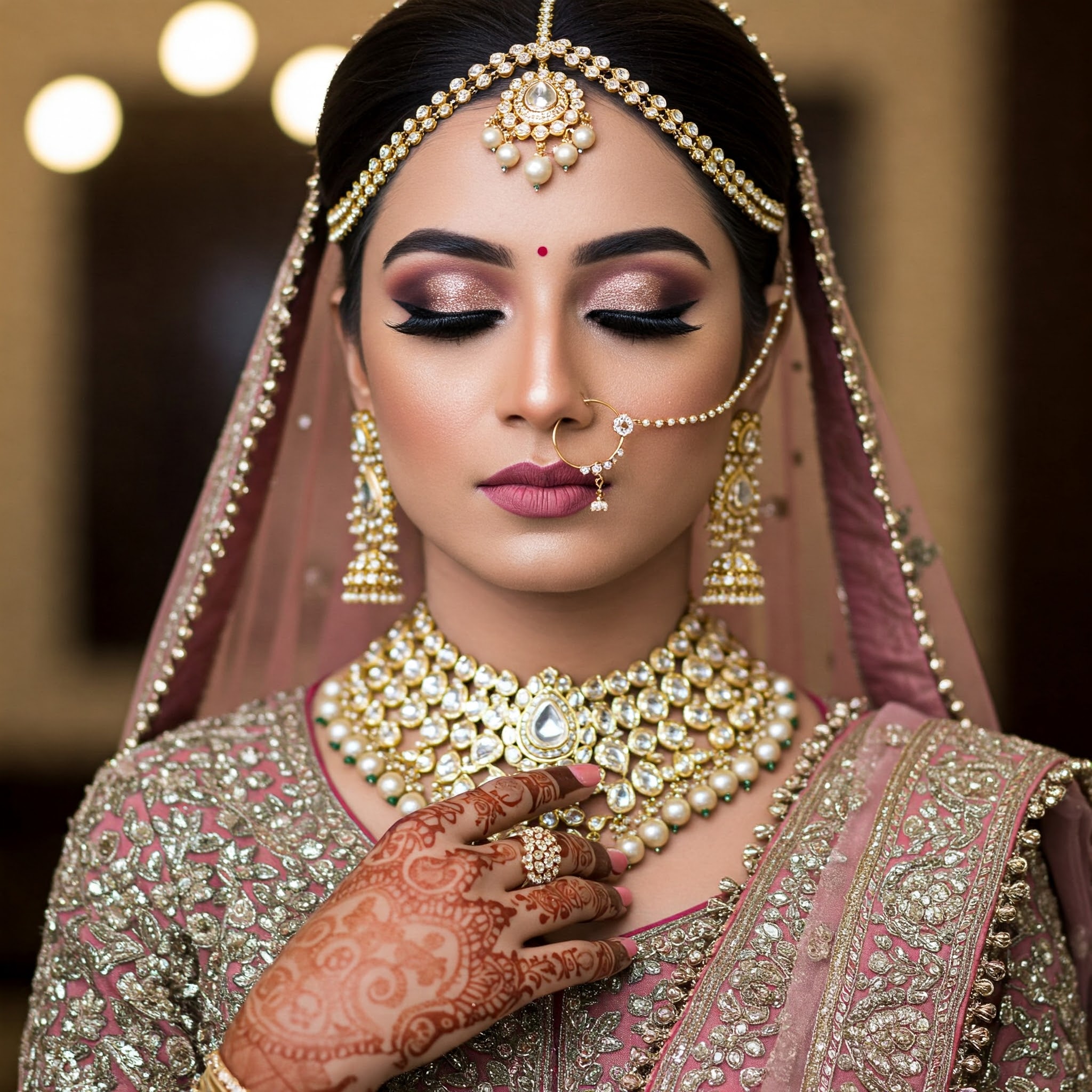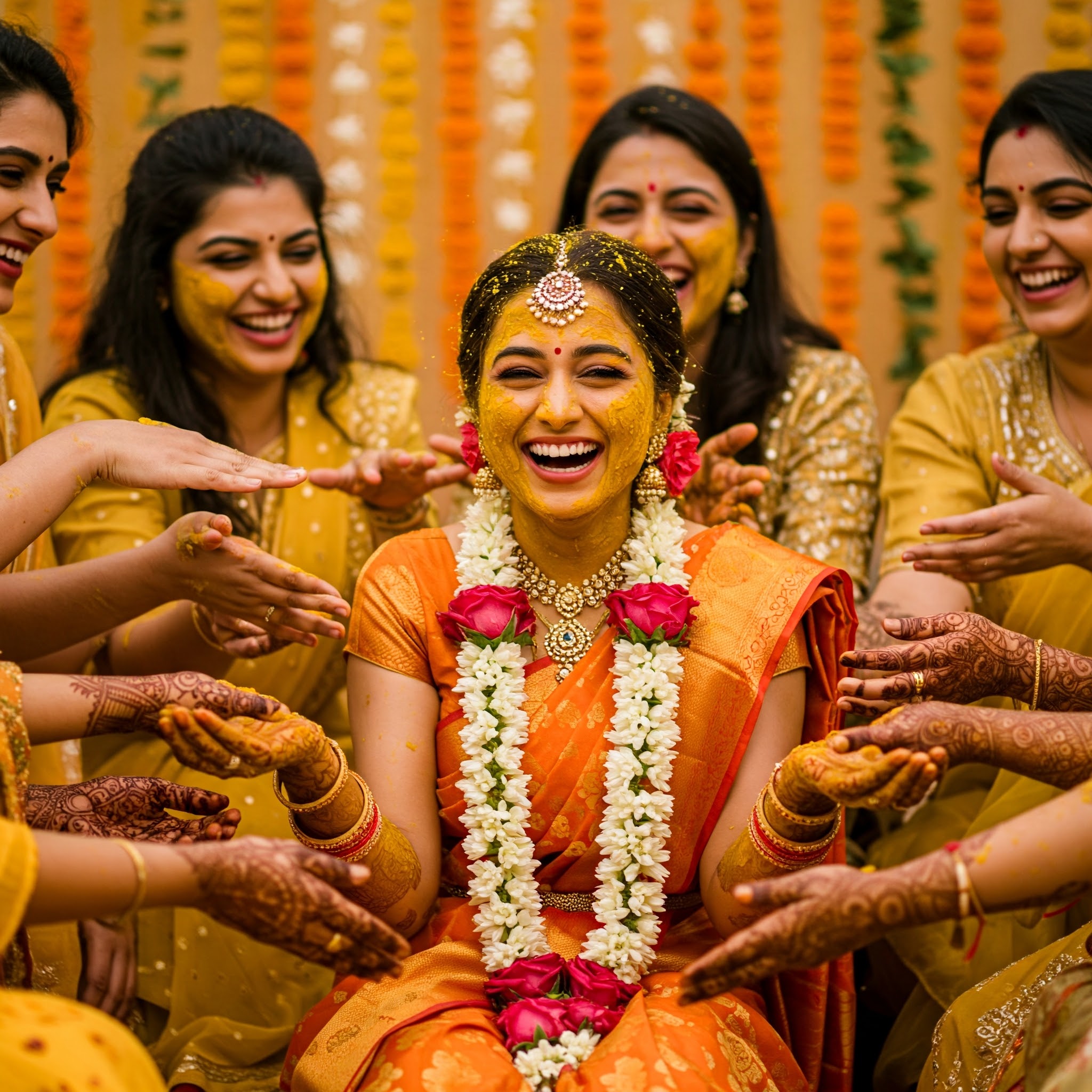
Compatibility vs. Convenience: What Makes a Match Truly Work?
09-Jul-2025 digi shaadi
Introduction: Are You Choosing the Right Match—or the Easy One?
In today’s world of online matrimony, we are spoilt for choice — swiping, filtering, and shortlisting life partners with just a few clicks. But amidst all the convenience, a serious question arises:
Are we finding the most compatible match — or just the most convenient one?
Modern matrimony platforms like DigiShaadi offer tools that make the matchmaking journey smoother, faster, and safer. But true success in marriage goes beyond checkboxes and profile filters. It’s about understanding emotional compatibility, long-term values, shared life goals, and cultural alignment.
This blog explores how convenience-driven choices sometimes overshadow real compatibility factors and how Indian matchmaking — online or offline — must balance both.
The Rise of Convenience-Based Matchmaking
Technology has made marriage searches more efficient:
Smart filters for caste, religion, location
-
AI-suggested profiles
-
Video calls and digital rishtas
-
Mobile-first platforms accessible anytime
This kind of ease and autonomy is especially important for working professionals and millennials. In fact, as discussed in Why More Millennials and Gen Z Are Choosing Matrimony Sites, younger generations now demand speed and simplicity.
BUT: Convenience can create a false sense of compatibility — when two people appear to match on paper but lack emotional or cultural alignment.
The Illusion of Profile-Based Compatibility
Let’s say both partners are:
Engineers
-
Hindu, upper-caste
-
Settled in Bangalore
-
Earning 20+ LPA
Sounds perfect, right? But if:
One wants a joint family; the other doesn't
-
One values career ambition; the other values spiritual peace
-
One is extroverted, the other deeply introverted
Then the marriage may not last, despite the "perfect" biodata match.
This is why compatibility needs to go beyond profile fields. That’s where platforms like DigiShaadi now focus on emotional intelligence, lifestyle choices, family dynamics, and personal beliefs.
What True Compatibility Really Means
A successful match is built on:
Emotional resonance (how you connect, communicate, comfort each other)
Cultural compatibility (shared traditions, food habits, language fluency)
Future vision (goals for kids, career, spirituality, or where to settle)
Conflict resolution (how you handle differences, finances, and pressure)
Social alignment (how both families interact, religious openness, celebrations)
These can’t always be captured in a checklist — they’re revealed over conversations, time, and aligned life philosophies.
How DigiShaadi Helps Prioritize Compatibility
Matrimony platforms like DigiShaadi now include:
Behavioral profiling
Lifestyle tags like “spiritual”, “fitness-focused”, “career-driven”
Astrology + AI-based compatibility scores
Discussion prompts to help couples talk about values, parenting, gender roles, etc.
As outlined in How Matrimony Sites Match You, combining algorithmic precision with human insight allows better matchmaking outcomes.
The Role of Families in Compatibility Assessment
In Indian culture, family involvement is still crucial. Sometimes, families focus only on convenience:
Same city
-
Known community
-
Caste and horoscope
But successful modern marriages are happening when families also assess compatibility:
How do the couple speak to each other?
-
Are values shared — not just hobbies?
-
Are both emotionally mature?
-
Will they support each other’s ambitions?
Platforms now offer video rishtas with parents involved, guiding family dialogue around values, not just biodata.
Case Study: Convenience vs Compatibility
Match A:
Same profession
-
Same religion and caste
-
Same native language
-
Lives within 10 km
Within 1 week: Matched, met, engaged
After 3 months: Realised major clashes on life goals — one wanted to move abroad, and the other wanted to stay with aging parents.
Match B:
Different cities
-
Intercaste
-
Same emotional maturity, same communication style
-
Same career-family-life balance goals
Took 3 months of video calls
Met twice with parents
Now happily married, with families aligned
Conclusion: It wasn’t convenience; it was value alignment that made Match B stronger.
How AI Can Enhance Compatibility (If Used Right)
Modern platforms are integrating:
Psychological testing tools
-
Communication style detection (how empathetic/clear/decisive you are)
-
Spiritual and emotional preferences
-
Long-term compatibility predictors based on ML and past match outcomes
As detailed in AI and Compatibility Matching, AI can help couples align deeper than just caste and job title — when designed with empathy and insight.
Compatibility in Niche and Interfaith Marriages
Whether it’s:
NRI Marriages
-
Interfaith unions
-
Late marriages
-
Second marriages
The key to success is emotional maturity and mutual goals, not convenience.
That’s why How to Choose the Right Matrimony Portal matters — you need platforms that support depth, not just speed.
Compatibility in Urban vs Rural Mindsets
As seen in Urban vs Rural Usage of Matrimony Portals, urban users often prefer individual compatibility and communication, while rural users may prioritise community, language, and local traditions.
A good matrimony platform respects both — but success still depends on how values match, not where someone lives.
The Faith Factor: Spiritual Compatibility Matters
Belief systems can unify or divide couples. As explored in Discussing Faith Early in Christian Matrimony, couples who align in spiritual values report:
Less conflict
-
Better parenting decisions
-
More stable marriages
Faith, lifestyle, and family vision all contribute to true compatibility.
During COVID-19: We Learned to Prioritize Emotional Safety
How COVID-19 Changed the Way Indians Use Matrimony Sites taught us one thing: when physical meetings weren’t possible, only meaningful conversations worked.
Convenience was stripped away. What remained was:
-
Shared value discussions
-
Video calls about future planning
-
Emotional connection before physical interaction
This reset made users more compatibility-conscious — a lesson we should keep post-pandemic.
Conclusion: Don’t Let Convenience Mask Compatibility
Yes, filters and fast-track platforms are great. But marriage is not a checklist — it’s a journey that demands emotional synergy, not just biodata boxes.
So next time you’re on DigiShaadi or any trusted matrimony portal:
Go beyond salary and height
-
Ask deep questions
-
See how you resolve disagreements
-
Check if your futures are aligned
Because when compatibility and convenience intersect — that’s when a truly meaningful match is born.




